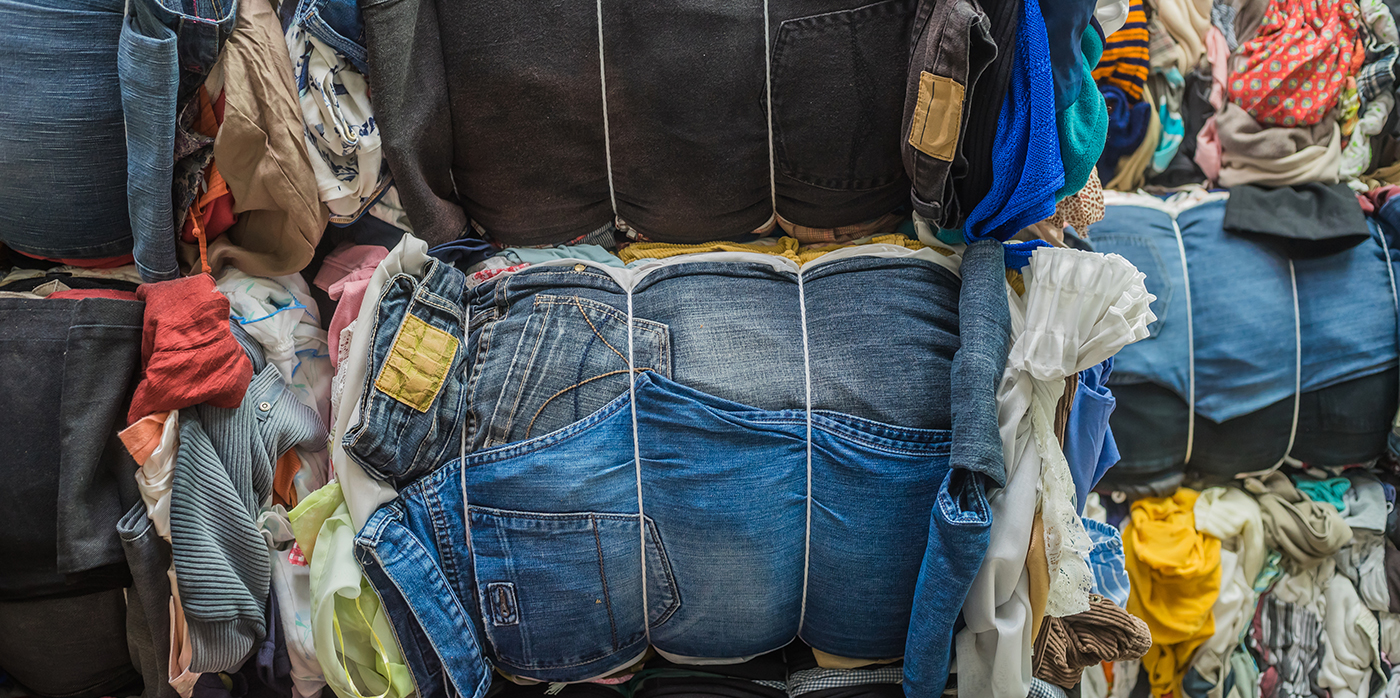Publication of European Research Area (ERA) Industrial Technology Roadmap
Report identifying key circular technologies and innovation needs for the European textile, construction and energy-intensive industries.
The European Commission has published a European Research Area (ERA) Industrial Technology Roadmap for the textile, construction and energy-intensive industries. The EU has the highest share (32%) of companies worldwide active in circular economy technologies compared to the US (20%) and China (4.4%). The EU is also leading in circular economy technology inventions in absolute terms and as a share of green inventions at global level.
The roadmap highlights investment needs which will help EU industry to further strengthen its position as a global leader. It assesses R&I investments and programmes and key technologies, their maturity and potential and suggests means to develop and scale them up. It looks at the framework conditions impacting the development of technologies and business models, including incentives and barriers to innovation. Its analysis builds on Horizon Europe partnerships with industry which address key challenges of circularity in processing and manufacturing, building, and bio-based industries.
Key findings for research and innovation in the three sectors include:
- A life-cycle approach is necessary to fully tap into the potential of circular technologies. This will trigger more systemic change and will affect not only the life of materials, but the entire product-service value chain.
- End-of-life technologies, including pre-recycling technologies, such as collection, sorting and disassembly technologies, need further efforts to be deployed to the market. Data on products and materials are needed all along the production and use, chain.
- New product design and advanced materials will trigger more systemic change across the entire value chain.
- Digital technologies have a key role for industrial circularity, across products’ life cycles. Their use and impact often depend on their specific role and state of development in the phases of design, production, sorting/recycling.
- Regulation plays a key role for the development of the circular economy in the EU Single Market.
Commissioner for Innovation, Research, Education, Culture and Youth, Mariya Gabriel, said: “The impact of climate change is tangible and action is needed now. The transition to a circular economy is not an option but a necessity. Circular technologies will reduce industrial emissions and pollution and allow European industry to remain at the forefront of technological development and green-tech based competitiveness.”

